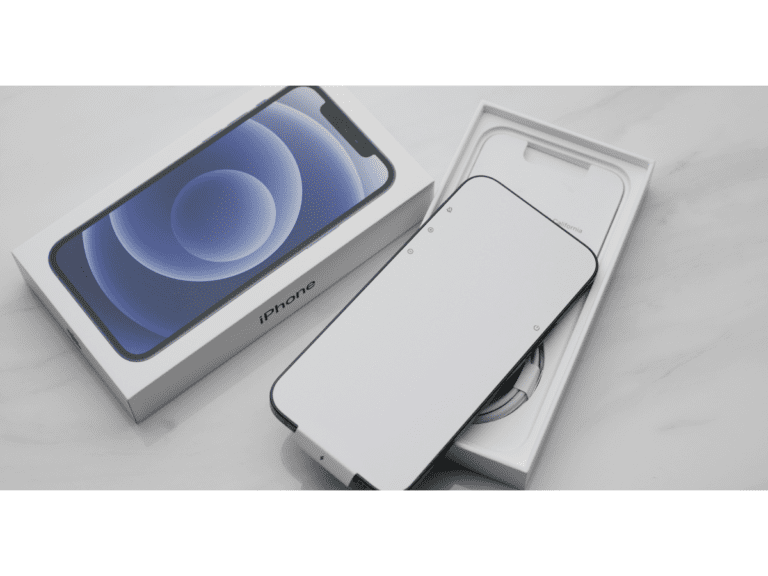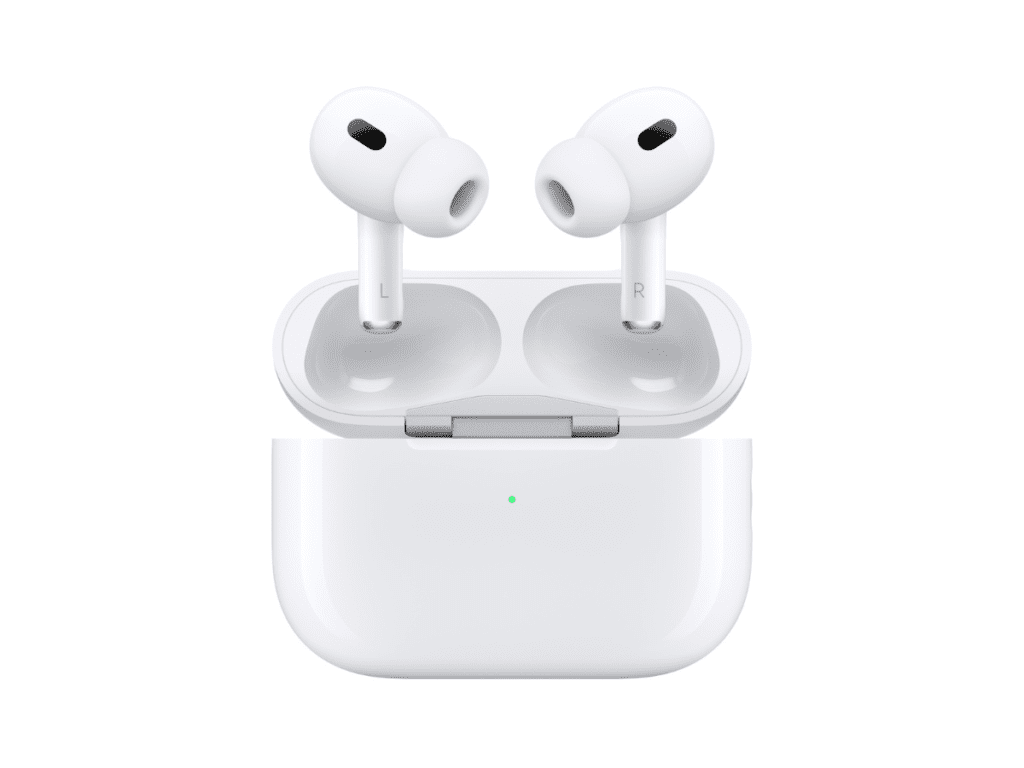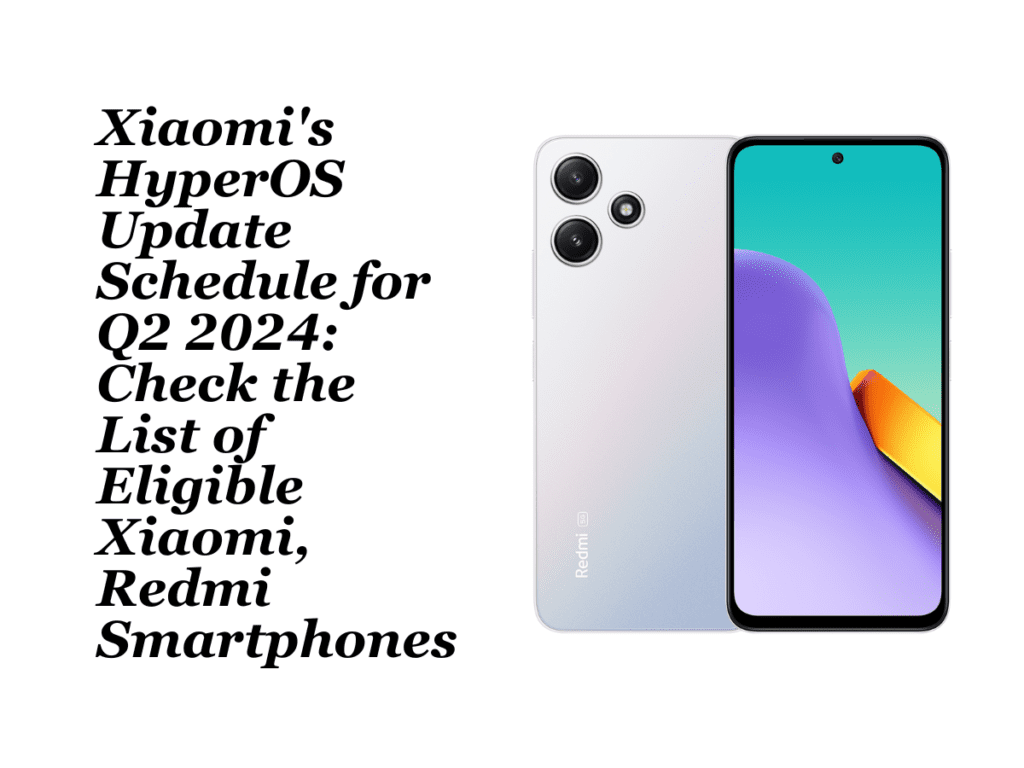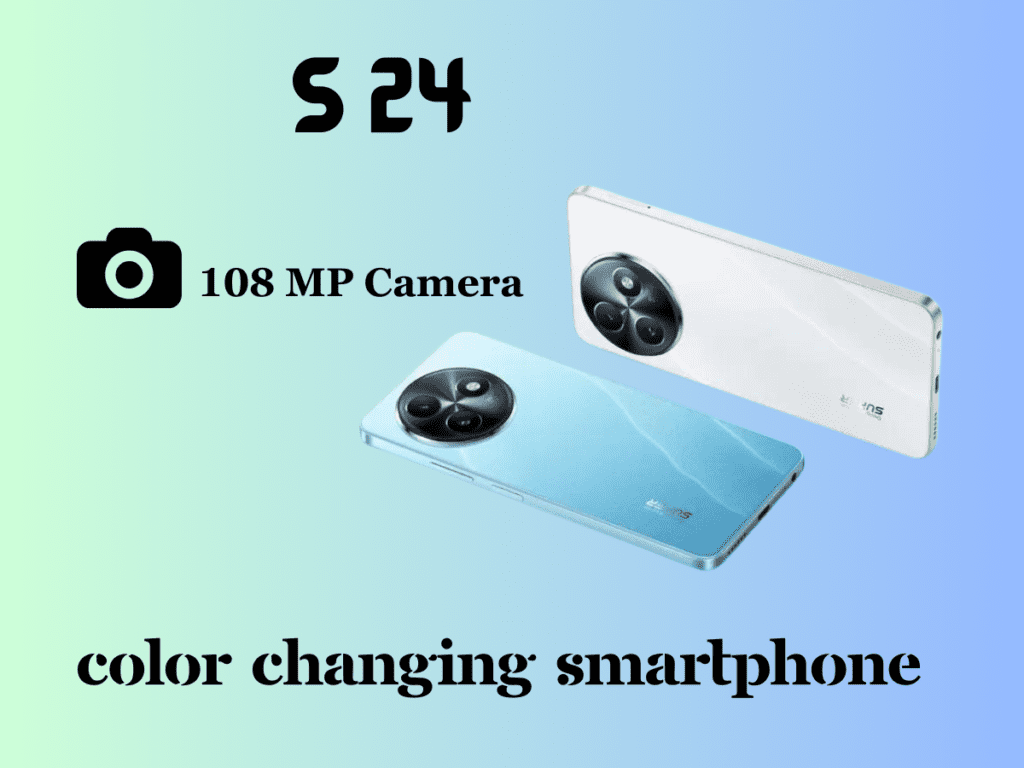The United States government has initiated legal action against Apple in an effort to foster a more competitive landscape within the smartphone industry and provide support to smaller companies whose applications integrate with the widely-used iPhone.
Within the lawsuit targeting the tech giant valued at $2.7 trillion, the U.S. contends that Apple’s actions have adversely affected smaller competitors and led to inflated prices.
The Justice Department is urging the court to intervene and reinstate fair competition in the markets impacted by Apple’s alleged misconduct.
Apple, in response, has expressed concerns that the lawsuit poses a threat to the company and undermines the core principles that distinguish its products in a fiercely competitive market.
Across Europe, consumers have experienced positive outcomes following the implementation of various regulations that prompted Apple to implement several user-oriented adjustments to its flagship smartphone. This indicates the potential for similar transformations in the United States should the Justice Department’s lawsuit achieve success.
Outlined below are numerous instances where European competition regulators have enforced alterations to regulations, leading to corresponding adjustments by Apple in its products.
Charging Cables
Regarding charging cables, Apple’s adoption of USB-C chargers, which are the norm for Android devices, stands out as a significant alteration for users.
During the year 2022, the European Union enacted legislation mandating a standardized charging port throughout its 27 member states by the conclusion of 2024. This initiative aimed to simplify the process for consumers to charge their devices by utilizing chargers they already possessed or by borrowing chargers from others.
App Store
Recent regulations in Europe have paved the way for alternatives to Apple’s App Store, granting users the option to download applications from various sources apart from Apple’s platform. This includes the ability to access apps from alternative websites and rival app stores, providing consumers with increased flexibility and choice.
This enables developers to circumvent the 30% commission fee imposed by the tech giant, potentially resulting in reduced app prices. With full implementation, users are anticipated to benefit from a broader selection of apps as well.
Non-Apple Website Payments
In both the European Union and the United States, app developers have the option to guide users to their own websites for purchasing items, bypassing the necessity to utilize Apple’s in-app purchasing system, which also deducts a 30% share.
In the European Union, the adjustment aligns with the newly implemented Digital Markets Act. Meanwhile, in the United States, Apple’s decision was compelled by a legal action initiated by Epic Games, the developer behind Fortnite and a vocal opponent of the tech company’s business strategies.
Browsers
Another adaptation in Europe, mandated by the EU digital markets law, pertains to default web browsers. Safari has maintained its status as the default browser on iPhones since the device’s inception in 2007.
Although iPhone users previously had the option to switch their default browser to competitors such as Google Chrome or Opera, the latest Apple software update, iOS 17.4, now automatically presents them with the choice to make the switch upon opening Safari. Apple’s response to the EU changes involves raising concerns that users will be presented with a list of options without adequate information, potentially disrupting their browsing experience.
Also Read:- TRAI’s New Guidelines for Mobile Number Porting to Come Into Effect From July 1








